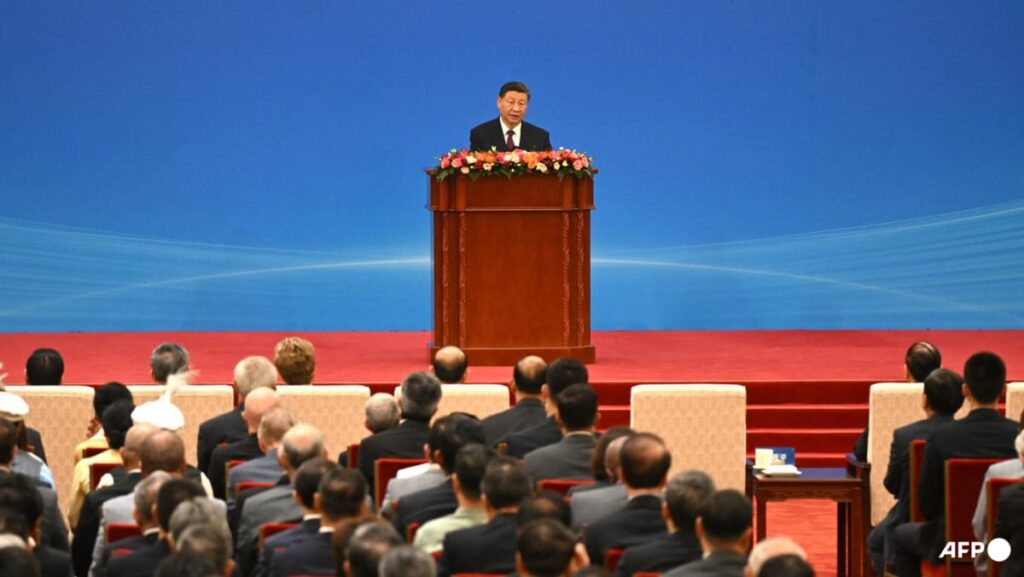Since the 1950s, China’s ruling Communist Party has gone from not being recognised by the United Nations to boasting the biggest diplomatic footprint in the world and presiding over the second-biggest economy.
Beijing now signals a desire for other countries to see it as a diplomatic heavyweight, even as other countries accuse it of economic coercion and unfair competition.
After China brokered an unexpected detente between Iran and Saudi Arabia last year, Wang Yi, China’s top diplomat, said the country would continue to play a constructive role in handling global hotspot issues.
But Beijing’s unwillingness to condemn Russia’s invasion of Ukraine and pursuit of a “no-limits partnership” with Moscow present hurdles to that ambition and saw China skip a summit on a peace conference in Switzerland earlier this month.
Rising tensions between China and the Philippines in the South China Sea, where Vietnam also has claims, have also led US officials to remind Beijing that the mutual defence treaty obligations it has with the Philippines are ironclad.
China’s trade ties with the European Union have also come under strain as the 27-state bloc plans to impose additional tariffs on Chinese-made electric vehicles, potentially opening up a new front in the West’s tariff war with Beijing which began with Washington’s initial import duties in 2018.
The EU accuses China of flooding its market with cheap EVs produced by Chinese automakers that have benefited from heavy state subsidies.
“In the era of economic globalisation, what we need is not to create chasms of division, but to build bridges of communication, and not raise the iron curtain of confrontation but to pave the way of cooperation,” Xi said.
